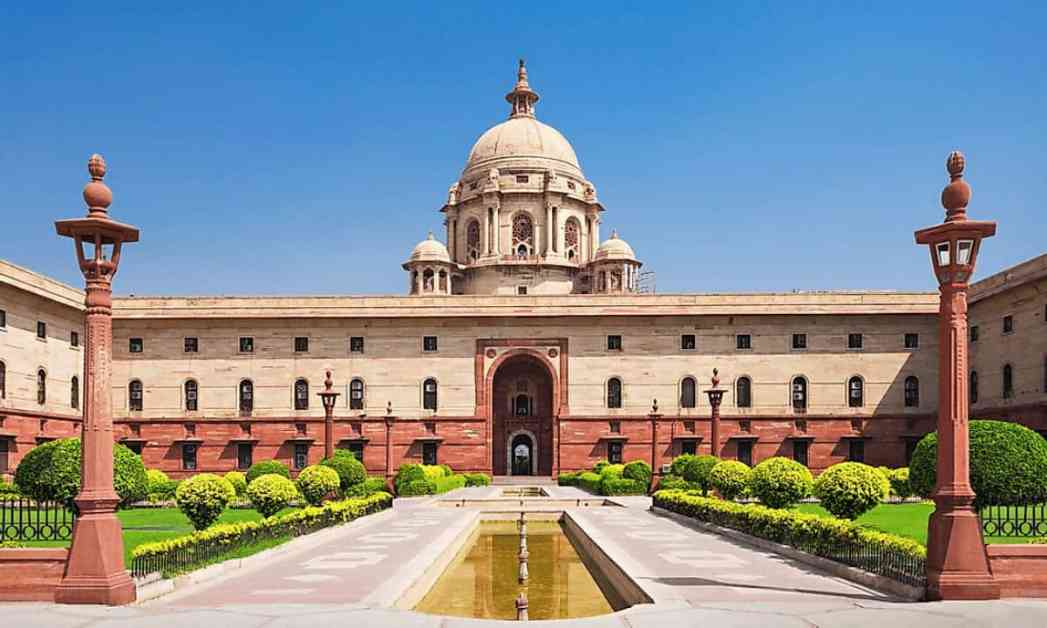India’s crypto industry is facing challenges due to high tax rates, as the government has decided to maintain the existing regulations for the 2024/25 fiscal year. Despite industry leaders’ requests for a reduction in tax rates, Finance Minister Nirmala Sitharaman confirmed during the budget presentation that the 1% tax deducted at source (TDS) rate for crypto transactions will remain unchanged.
The decision to uphold the current tax rates comes after appeals from industry representatives to reduce the TDS rate to 0.01% and introduce progressive taxation on gains. They also called for the ability to offset losses against gains for a fairer tax system. However, the recent budget presentation did not bring any changes to the 1% TDS rate or the flat 30% income tax on crypto earnings. Moreover, the long-term capital gains tax increased from 10% to 12.5%, and the short-term capital gains tax rose from 15% to 20%.
Despite these stringent tax policies, the removal of the angel tax for all investors is seen as a positive step that could attract more Web3 startups and boost India’s startup ecosystem. The Indian crypto industry remains optimistic about future tax reductions, especially in light of international developments where other countries are promoting or legalizing cryptocurrencies.
It is important to note that the Reserve Bank of India (RBI) has historically been against cryptocurrencies, banning financial institutions from servicing the crypto industry in 2018. Although the Supreme Court overturned this decision in 2020, RBI continues to emphasize the speculative nature of crypto assets and criticize decentralized finance (DeFi) for being driven by speculation rather than genuine economic transactions.
Despite the challenges posed by the current tax regime, India has maintained its global leadership in crypto adoption, ranking at the top of Chainalysis’ 2023 Global Crypto Adoption Index. The local industry is continuing to advocate for tax reforms in hopes of creating a more favorable regulatory environment in the future.
In the midst of these developments, recent election results and the $234.9 million hack of the crypto exchange WazirX may have shifted cryptocurrency regulation lower on the government’s list of priorities. As the Indian crypto sector navigates through these challenges, the industry remains hopeful for positive changes in the regulatory landscape to support its growth and development.

